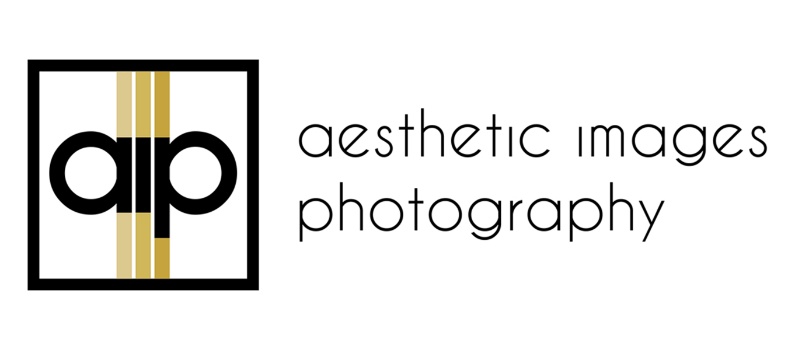Study Shows Family Photographs are More Effective Than Other Popular Methods
Welsh Therapist Sue Stradling gives guidance to methods of handling stress. Though written a few years ago, the advice, backed by scientific data, is useful today during our journey through the Pandemic.
In an article published in September 2015 in The Positive Psychology People, Stradling sites studies by Peter Naish, Doctor of Psychology, on the effects of popular mood alterers, with the effects of photographs. Photographs are more affective in enhancing ones happiness.
At Aesthetic Images Photography, we have always known that. We have been documenting families since 2003 and testify to the smiles when families view photographs.
During these current anxious times, our team is going through the archives and posting images of our clients on social media platforms daily to increase the "happiness score" of our community.
Join us on our social media sites to see our expanding albums of memories through the years. Please share these memories with those you know. We all could use a smile and a little happiness these days.
How do you improve your mood?
BY SUE STRADLING
When you’re feeling stressed or down in the dumps, what do you do to improve your mood? Have a glass of wine? Eat your favorite chocolate bar? Watch the soaps on TV? Listen to music? Look at old family photograph albums?
For many of us, grabbing an old photo album would be the last thing that we would think of doing and instead turn to our usual tried and tested methods of mood-improvers. But are they effective?
Research Findings
A study carried out by Peter Naish, Doctor of Psychology at The Open Psychology, found that looking through photo albums makes you significantly happier than chocolate, music, watching TV or drinking your favourite tipple. The tests, carried out on three groups of people, compared their moods whilst using four typical mood improvers, with those looking at their favourite photographs.
The tests revealed that looking through personal photographs produced an improvement across all measurements that they took, including sense of relaxation, brightness, calmness and alertness. It also improved their sense of being valued and popular. These all combined to produce a “happiness score”.
Happiness Score Results
The results showed that the mood of the people who viewed their photographs improved by 11%, whilst that of the people who used the other methods – chocolate, music, TV or alcohol – only increased their mood by 1%.
Additionally, the common mood improvers that we tend to use were only useful in helping the participants relax: wine by 14%, chocolate by 8%. However, looking through photo albums was a far more effective way of relaxing, with an average relaxation score of 22% – significantly higher.
Dr Naish, a specialist in clinical counselling said, “I was aware of the potential positive effects of looking at photographs but I was surprised by its ability to produce shifts in specific factors, such as being more relaxed, calm or bright. Looking through a photo album has a far more beneficial effect than many traditional ways of unwinding and mood boosting – and it’s certainly a lot better for you.”
A Direct Reminder
Photographs can act as a direct reminder of times when you were experiencing a certain type of pleasurable emotion – whether that it was pure joy or relaxation, excitement or calmness. They can trigger a sequence of brain activity that actually helps us to recapture that emotion that we were experiencing at the time. In neuro-linguistic programming (NLP), this is known as an anchor. The more that you practise this, the more vivid the experience can become.
Maybe it’s time to dig out your favourite photos and display them where you can see them regularly. You can give yourself an instant mood boost without even realising that you’re doing it.
About the author: Sue is a Clinical Hypnotherapist, Life Coach and Photographer. Working with individuals and groups, she uses to photography as a method to help clients feel good about themselves, inside and out suestradling.com
‘We Are The Positive Psychology People’


0 Comments